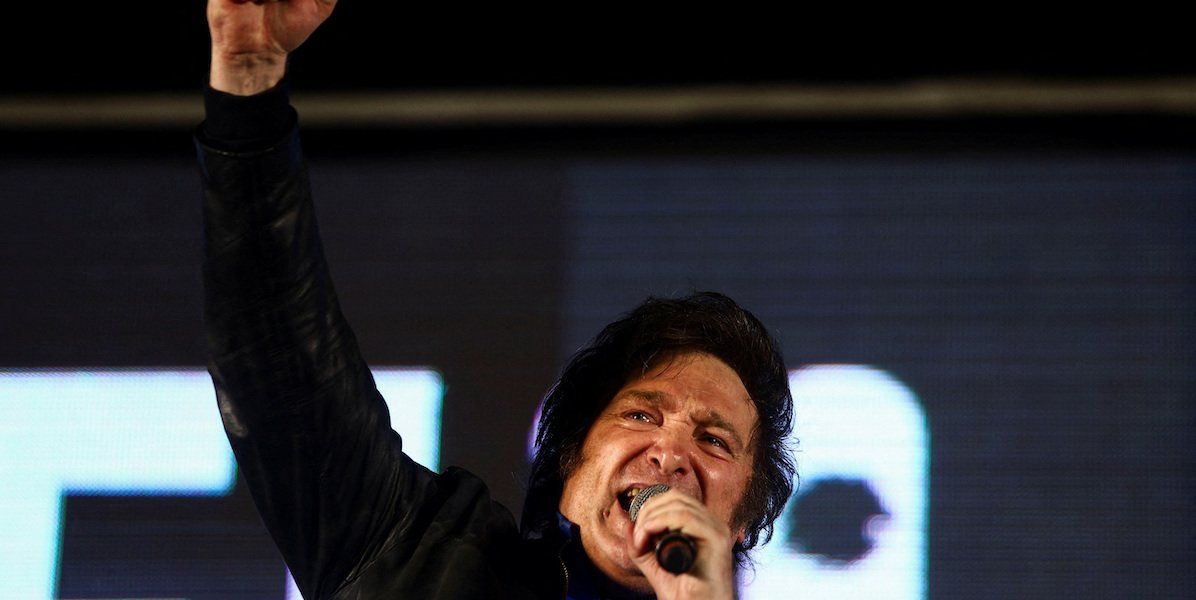Milei’s win raises pressure for completion of EU-Latin America trade deal
Javier Milei’s victory in Argentina’s presidential election could rapidly accelerate negotiations for a trade treaty between the Mercosur trade bloc and the EU. Milei, a self-declared anarcho-capitalist, vowed to pull Argentina from Mercosur altogether if he won. His victory raises questions about the future of the bloc and talks surrounding the treaty.
A trade pact between the bloc — Argentina, Brazil, Paraguay, and Uruguay — and the EU has been in the works for years, and the two sides reached an agreement in principle in 2019. But talks have been stalled ever since thanks to disagreements over environmental commitments pushed by the EU.
The Milei effect: There now appears to be a mad dash to complete an agreement before Argentina inaugurates Milei, a far-right libertarian who’s drawn comparisons to former US President Donald Trump. Diplomats involved in the negotiations told the Financial Times they’re hoping to wrap things up by early December.
“The talks are moving ahead fast,” a Brazilian official taking part in the negotiations told Reuters.
As a climate-change denier, the Argentine president-elect could complicate negotiations on environmentally related matters. While it would be tough to finalize the deal before his inauguration, this might be the incentive all parties need to get to the finish line. We’ll be watching to see whether they can reach a deal before Milei takes office on Dec. 10.
